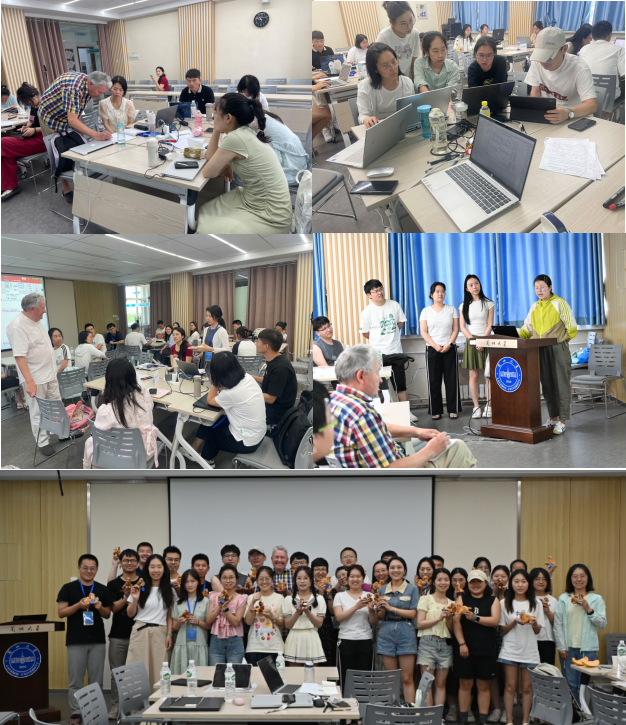From July 22 to 27, 2024, the international summer school course "Fluvial Geomorphology and River Management" was successfully held at Lanzhou University. Led by Professor Gary Brierley and Associate Professor Han Meiqin, the course attracted over 20 postgraduate and doctoral students from the School of Earth and Environmental Sciences at Lanzhou University, as well as more than 10 postgraduate students from the Chinese Academy of Sciences' Institute of Geography, Wuhan University, Qinghai University, Yellow River Institute of Hydraulic Research, and China University of Geosciences (Wuhan). The course aimed to cultivate students' sound river management concepts, master an integrated river health assessment system and management framework, enabling students to think from multiple temporal and spatial scales, and understand the principles and strategies of river management.

The opening ceremony took place in the Qilian Hall 502 meeting room at the Chengguan Campus. Professor Pan Baotian and Vice Dean Wang Xin delivered speeches to inaugurate the course, and Professor Brierley and Associate Professor Han introduced the content and general arrangement of the course.
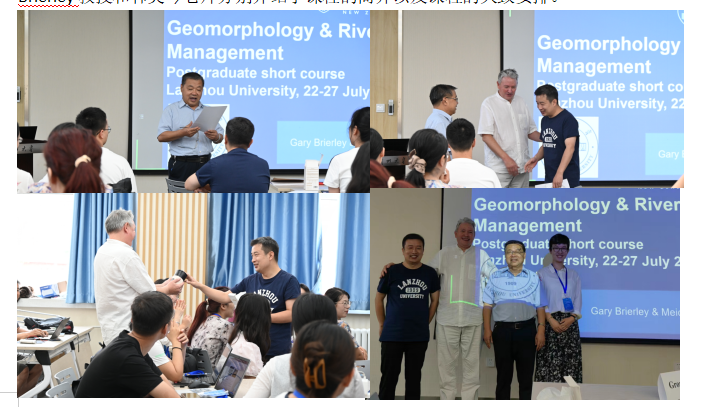
The five-and-a-half-day course included three days of theoretical instruction and two-and-a-half days of field practice. Professor Brierley taught the principles and techniques of modern fluvial geomorphology and its application in river management. The theoretical content included lectures and practical assignments, covering river diversity, characteristics of geomorphological unit combinations, features of river evolution, and principles and systems for river health assessment, with exercises, assignments, and discussion sessions for each section. By sharing case studies of river management in Australia, New Zealand, and China, students gained a deeper understanding of the application of modern fluvial geomorphology in river management.

From July 24 to July 26, under the guidance of Associate Professor Han Meiqin and Professor Brierley, the summer course conducted a field trip in the Shiyang River Basin. On July 24, the course participants visited the provincial-level field scientific observation station in the Shiyang River Basin, where Deputy Station Chief Professor Cao Bo introduced the importance of the Shiyang River Basin, the history of the station's construction, observation elements, and service functions. Students learned about the significance of the Shiyang River Basin.
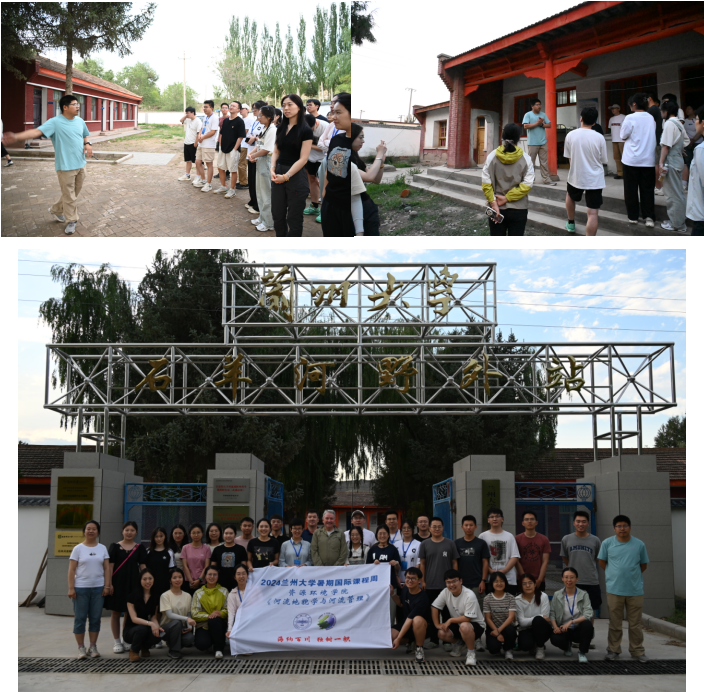
On July 25, the group observed the geomorphological changes of the Shiyang River from its source to the upper, middle, and lower reaches, as well as the Hongya Mountain Reservoir, witnessing the transition from a natural state in the upper reaches to significant human activity interference in the lower reaches. At each site, Professor Brierley explained the field geomorphological features in detail and discussed different river management concepts and strategies with the students.
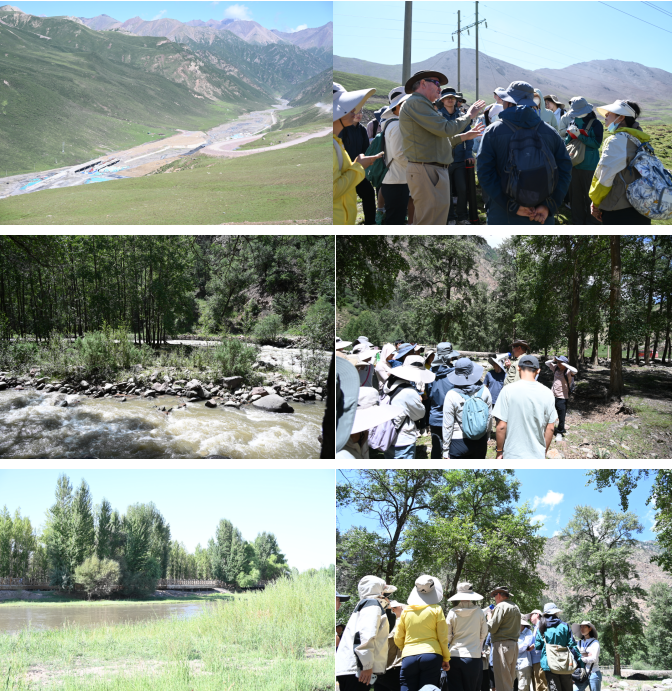
On July 26, the group visited the main canal dam of the Xiying River in the Shiyang River Basin and the Hongya Mountain Reservoir. The person in charge of the Xiying canal head explained the history, design concept, and water allocation principles of the Xiying canal to the students, helping them to understand China's management strategies for arid river basins and prompting reflection on how humans and nature can coexist harmoniously. Through the investigation of typical sites in the upper, middle, and lower reaches, students gained a comprehensive understanding of the river in the Shiyang River Basin at the watershed scale.
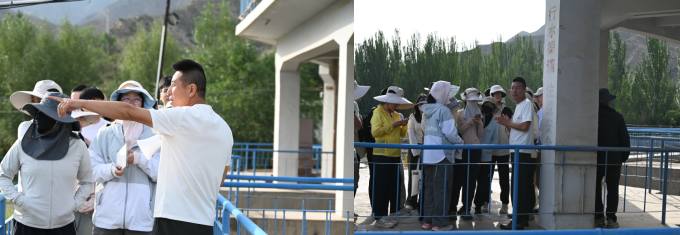
On the morning of July 27, the summer course held a summary meeting in Qilian Hall. Each group presented their summary reports based on the course and field investigation of the Shiyang River Basin. Professor Brierley and Associate Professor Han commented on each group's report. Professor Brierley delivered the final summary report, and the course concluded successfully.
